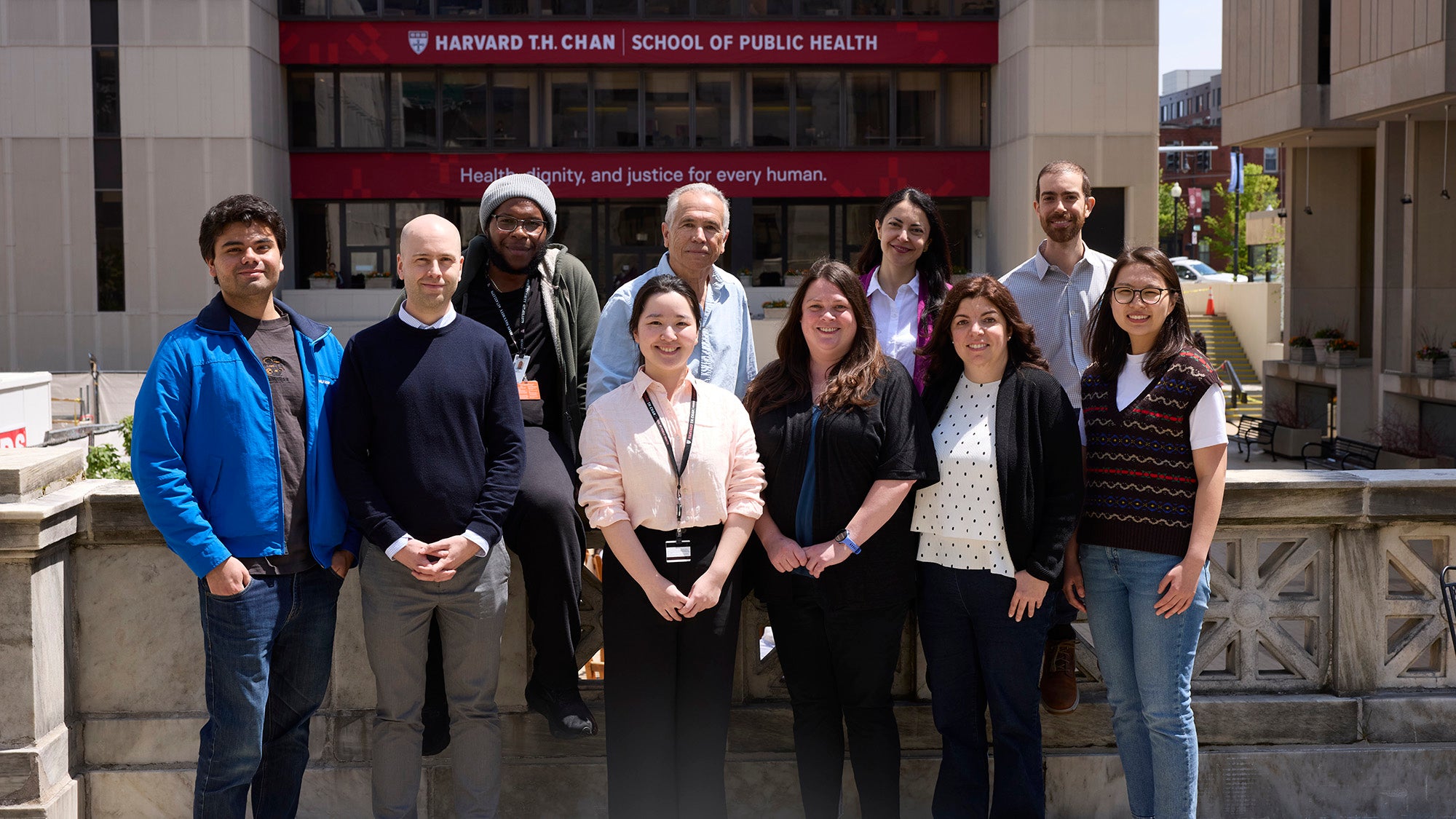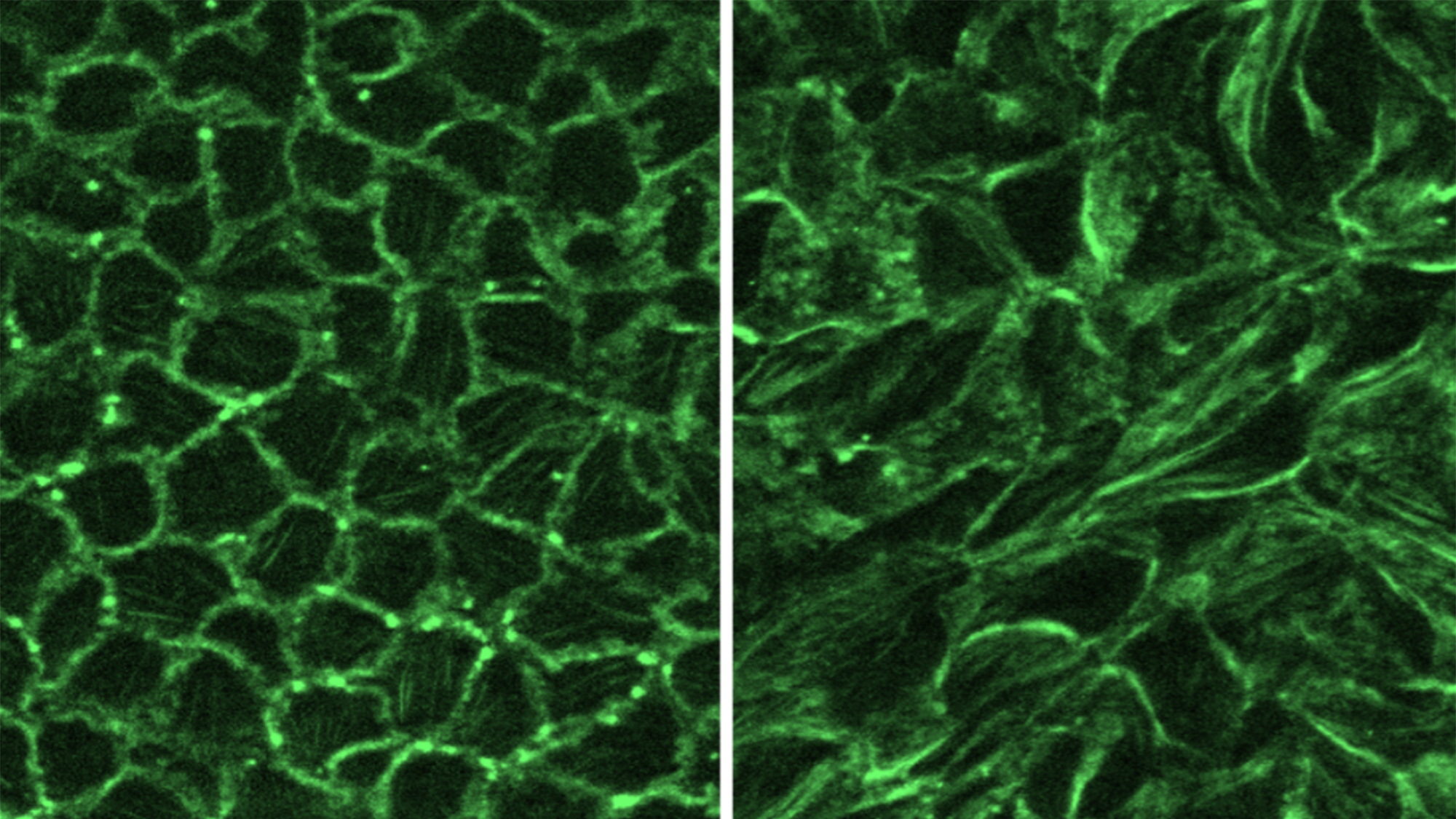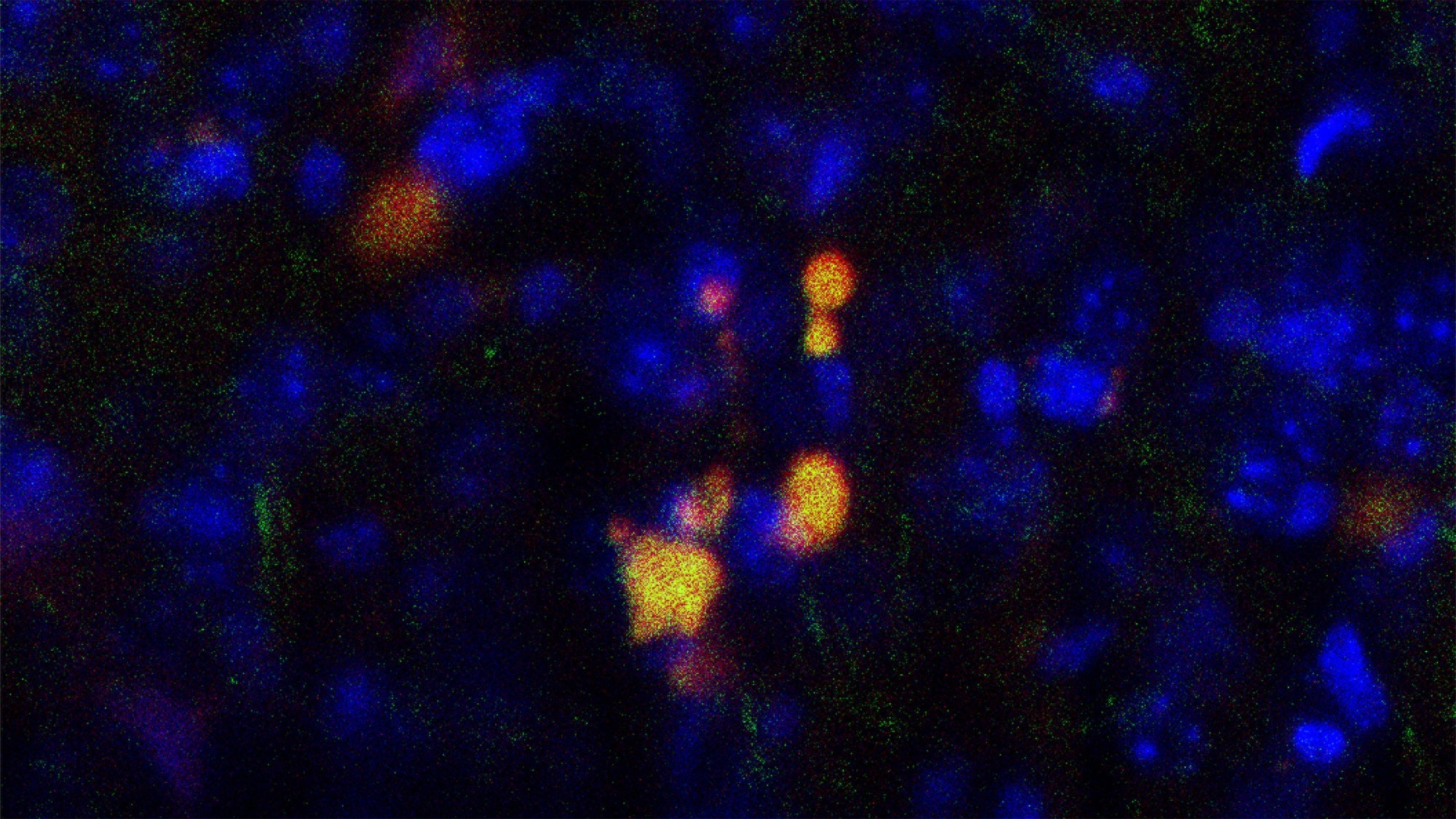Federal funding freeze leads to research setbacks for Harvard Chan scientists

In the wake of the Trump administration’s massive cuts to federal research funding at Harvard University, scientists have been struggling to keep their work afloat.
The Trump administration canceled nearly $3 billion in grants at Harvard in April and May, citing the University’s alleged failure to address campus antisemitism.
In an August 7 AP article, several researchers from Harvard T.H. Chan School of Public Health—where 190 grants were terminated—discussed the obstacles they’re facing without federal support.
Alberto Ascherio, professor of epidemiology and nutrition, has done award-winning research identifying the cause of multiple sclerosis, which may help lead to a cure for it and other neurodegenerative diseases. But after losing $7 million in federal research funding, he has been unable to work with blood samples that are stored in liquid nitrogen freezers at Harvard Chan School and that are key to his research. “It’s like we have been creating a state-of-the-art telescope to explore the universe, and now we don’t have money to launch it,” he said.
Rita Hamad, associate professor of social and behavioral sciences and director of the Social Policies for Health Equity Research Center, had three multiyear grants totaling $10 million canceled. Those grants had funded studies into the impact of school segregation on heart health, of pandemic-era policies on mental health, and of neighborhood factors on dementia. “Just thinking about all the knowledge that’s not going to be gained or that is going to be actively lost—it’s all just a mixture of frustration and anger and sadness all the time, every day,” said Hamad.
John Quackenbush, professor of computational biology and bioinformatics, has lost many millions in federal funding, including support for a study looking at the role sex plays in disease, and other grants that funded doctoral student training.
“I’m in a position where I have to really think about, ‘Can I revive this research?’” he said. “Can I restart these programs even if Harvard and the Trump administration reached some kind of settlement? If they do reach a settlement, how quickly can the funding be turned back on? Can it be turned back on?”
Quackenbush said the cuts—part of a larger attack on science in the U.S.—could harm the country’s standing as a leader in global research. “We’re going to face real challenges in continuing to lead the world in scientific excellence,” he said.
Read the AP article: Harvard scientists say research could be set back years after funding freeze


